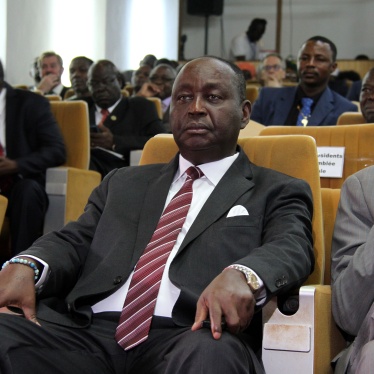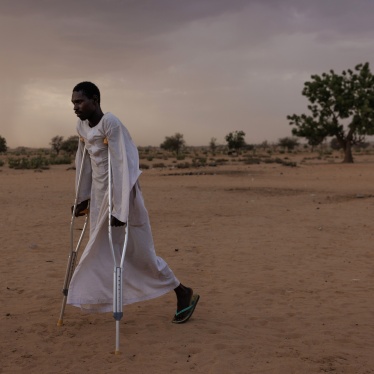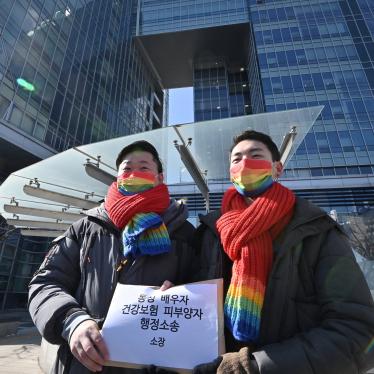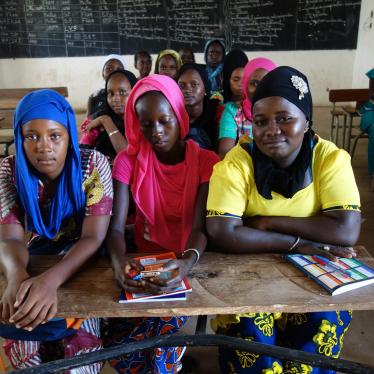This week marked ten years since the death of Camille Lepage, a French photojournalist who was killed while working in western Central African Republic (CAR). She was a true friend to a country in need of people to bear witness to abuse. Camille was 26.
Months before her arrival in CAR in 2013, an alliance of rebel groups known as the Seleka took control of Bangui, the capital. By then they had also seized control of most of the country’s provinces, and its fighters unleashed waves of violence against civilians across the country. Camille arrived later that year as Christian and animist militias, known as anti-balaka, began to organize counter attacks against the Seleka. The group frequently targeted Muslim civilians, associating them with the Seleka. As the humanitarian situation rapidly deteriorated, hundreds of thousands of people fled the country as refugees, while others were displaced internally.
As people were fleeing, Camille went in. She used her camera lens to tell the story of those who had been left behind. She knew it was a forgotten crisis and knew she had a way to help.
Camille’s photos continue to be some of the most striking images that illustrate the human cost of the conflict in those early years. She gave faces to the victims and survivors, capturing in an image the fear of battle, the agony of losing a loved one, the injustice of war crimes. I remember accompanying her on a protest, where people called for justice for a slain judge. Ten years on, the images she took that day still stand as a testament to CAR’s indefatigable calls for justice and accountability.
Since Camille was killed, the Central African Republic continues to be one of the most dangerous places for humanitarians to work. Impunity is a key driver of abuse; there has been too little accountability for the war crimes committed across the country. Camille’s case is emblematic of this, as there has been little movement on bringing her killers to justice.
A book of Camille’s photography was issued after her death. Its title, Republique Centrafricaine: On est ensemble (Central African Republic: We Are Together), represents both Camille’s ties to the country and a common phrase she would say in Sango, the local language. After ten years, Camille is still connected to the country and her legacy lives on.










